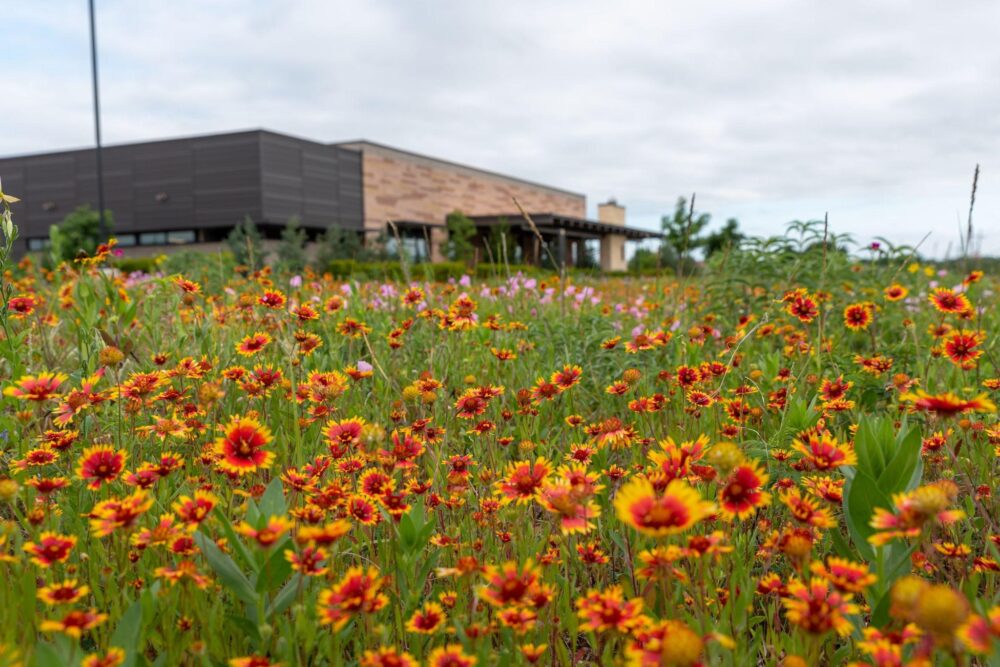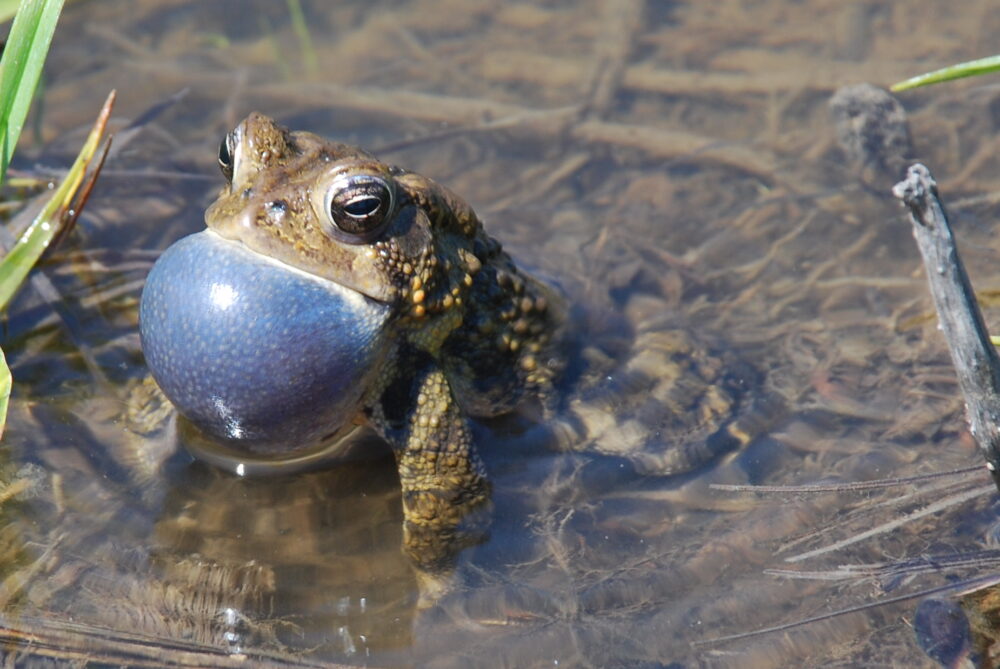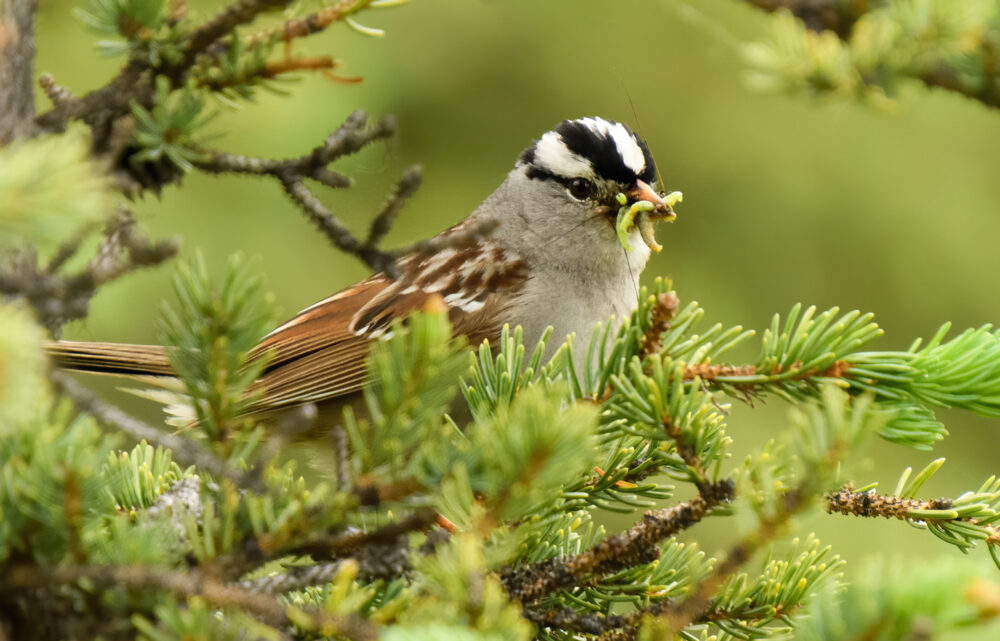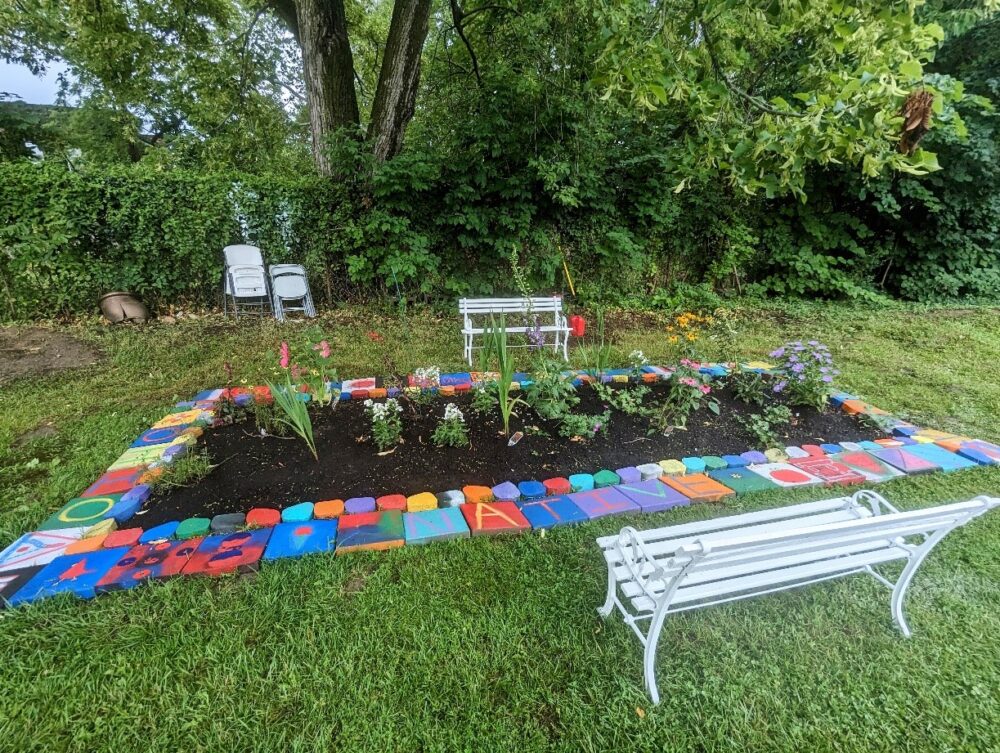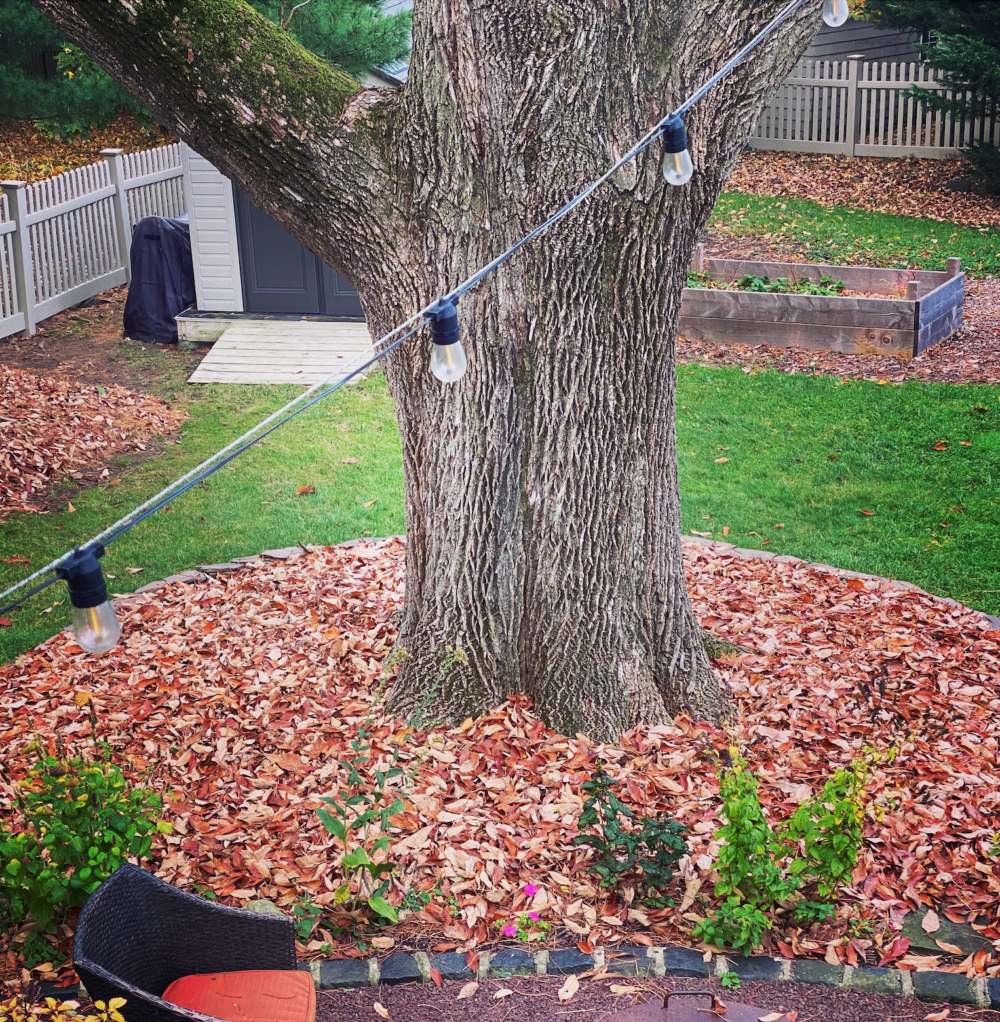We have much more to do and your continued support is needed now more than ever.
One County’s Path to Becoming a Wildlife-Friendly Community
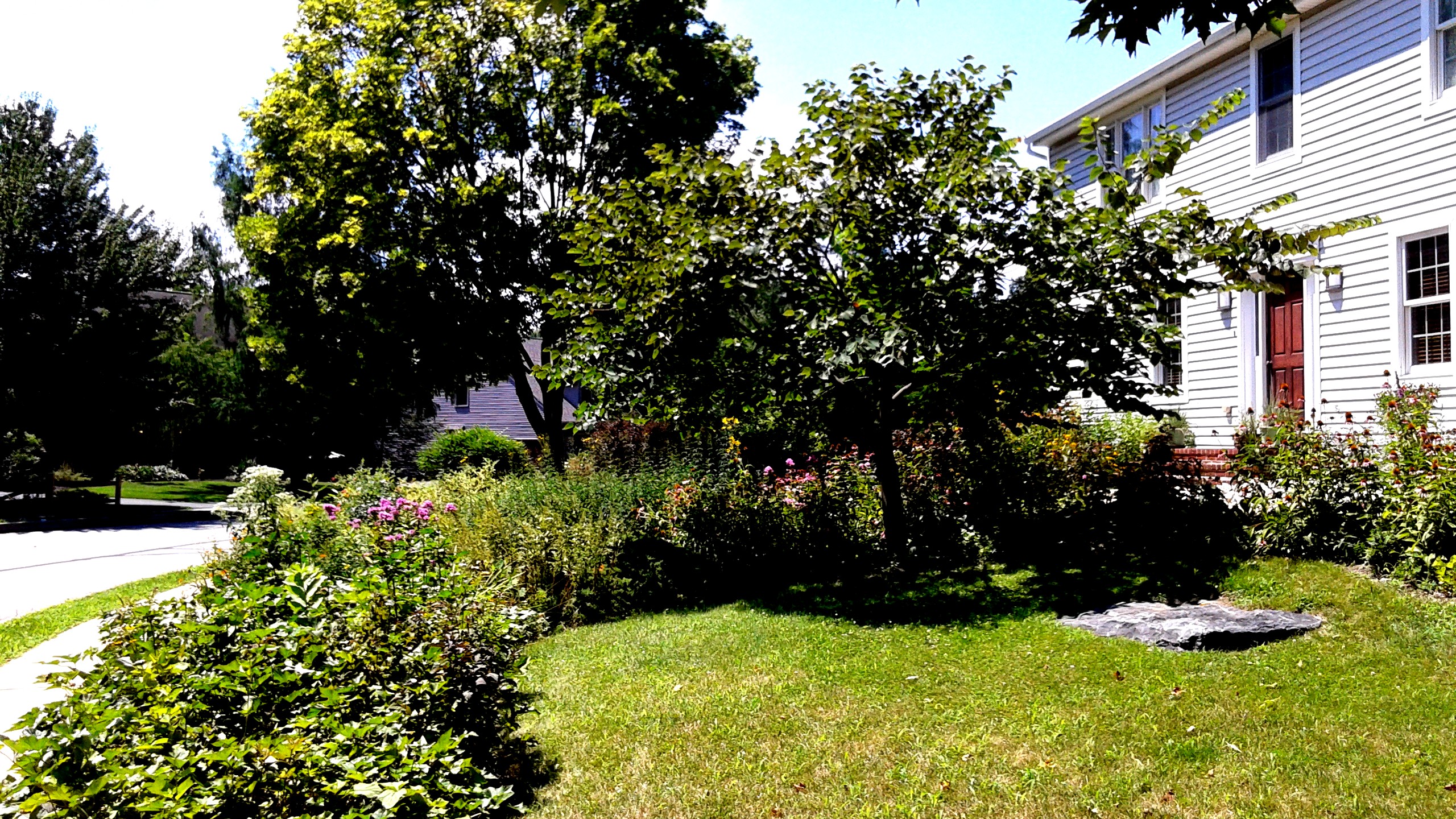
Within the past year, Lancaster County, Pennsylvania has undertaken a huge public outreach and engagement campaign with the goal of attaining National Wildlife Federation’s esteemed designation as a wildlife-friendly community. Lancaster joins fewer than 200 towns, cities, and counties across the country that are either pursuing this award or have achieved certification. Communities commit to certifying individual properties, including homes, business, community gardens, places of worship, and parks, ensuring that they provide the four basic elements that all wildlife need for survival: food, water, cover, and places to raise young.
The native plants installed as a part of creating wildlife habitat are also able to absorb water and filter runoff more effectively than turf grasses. These landscape changes have a significant impact on improving water quality in the Susquehanna River and, ultimately, in the Chesapeake Bay.
So far, over 300 homes, 23 community areas, and three schools in Lancaster County have been certified as suitable wildlife habitats. Based on Lancaster’s population size, they’re already more than half of the way toward certification!
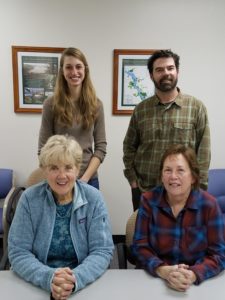
The Lancaster County certification movement has been driven by three passionate women who were recently trained as Habitat Hosts by the National Wildlife Federation. Linda Ferich, Margie Hall, and Allison Zechman are all Pennsylvania Master Naturalists who are dedicated to working with the Lancaster County Conservancy (LCC) to help Lancaster to become a safe haven for wildlife species. Linda Ferich is a retired registered nurse who now volunteers at LCC doing water quality testing and invasive species removal. Margie Hall is a retired teacher who works on the education committee for the LCC to help combat Nature Deficit Disorder in children. Alison Zechman is the wastewater operator for the City of Lancaster and spends her free time volunteering for conservation organizations and helping with water quality testing. These three conservation stewards have rallied their community to protect wildlife and are working with Fritz Schoeder, LCC’s Director of Urban Greening, to get the word out.
Ferich is the team leader for Lancaster County’s community wildlife habitat. She has mobilized this team to transform this region into a habitat haven through outreach, education and restoration.
After her training as Master Naturalist, Ferich noticed how much of her community was comprised of sterile grass lawns, barren of wildlife. She felt inspired to take action and find a way to educate and empower her neighbors to create wildlife habitat on their property and replace the sprawling monoculture that had taken over the landscape. Ferich, and Hall, signed up for Habitat Host and Habitat Steward Trainings with the National Wildlife Federation and our nearby affiliate, the Delaware Nature Society. The goal of the Habitat Host workshops is to train local citizens to become knowledgeable advocates for wildlife and sustainability. “A calling is a need seen. I saw a need and I listened to the voice that said we need to create more wildlife habitat. This is my calling,” explained Linda Ferich as she described her involvement in the project.
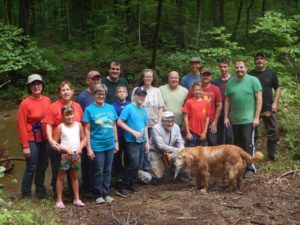
The team is now working on developing a course to train residents to become Habitat Stewards. The training will occur over four days in March and April and will show attendees how to implement successful restoration projects in urban, suburban, and meadow environments. By training other dedicated community members to be leaders in conservation, they will be able to use them as messengers and inspire even more residents to create habitat. Ferich has also found that teaching about Monarch butterflies motivates more residents to plant native milkweed in hopes of enticing the attractive pollinator to their gardens. “Monarchs are a gateway bug,” she explains, and once given information on how to become butterfly stewards, many people are eager to take action.
In addition to training citizens to spread the word, the team is also working with schools. Schools play a particularly important role because schoolyard habitats not only contribute to the end goal of certification, they also serve as an outdoor learning laboratory for the next generation of conservation stewards. By getting all facets of the community involved, this movement has the potential to create abundant habitat corridors throughout the County.
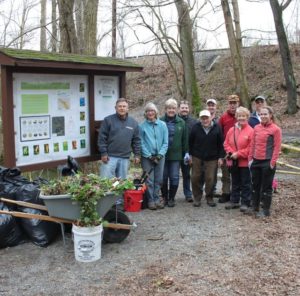
Looking forward, Lancaster County, Pennsylvania is on its way to transforming the standard low -productivity lawn landscapes into healthy habitat homesteads. The efforts of the Lancaster County Conservancy, as well as Linda Ferich and her team, are key to educating the community about the value of creating habitat and getting them “hooked” on native plants and pollinators. The County-wide certification program will not only benefit wildlife, but will also foster an ongoing community commitment to environmental stewardship, and improve water quality for local waterways and the Chesapeake Bay.











